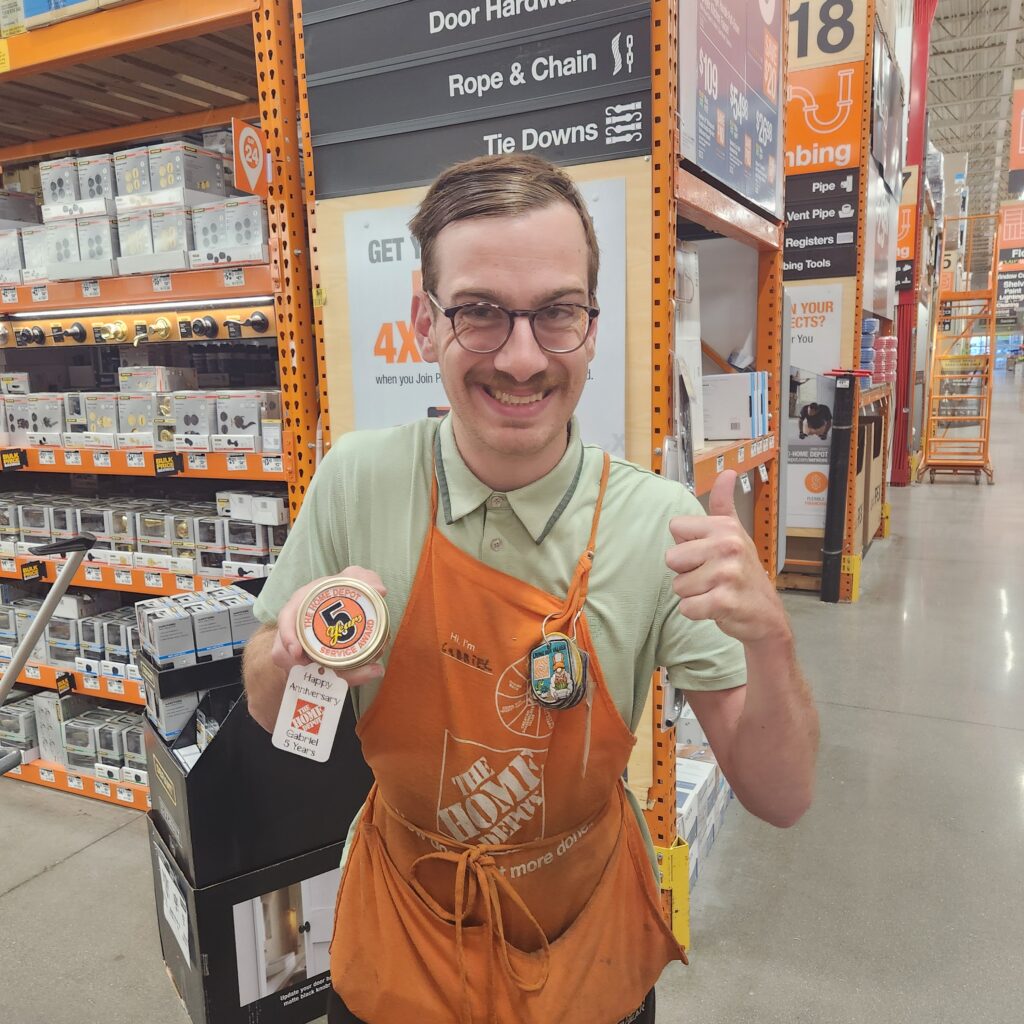
For Caregivers: Planning for the Future
Planning for the future as a caregiver isn’t easy. There are a variety of scenarios to consider, and some outcomes can be too difficult to imagine. It is important to think through a variety of options, events and circumstances when you begin to plan for your future; and support your loved ones in planning theirs. With a plan in place you can be as prepared as possible, as well as better articulate, advocate and execute on your loved ones’ wishes.
To get started, here’s a list of questions and resources to begin to think through your own aging experience plan, or to help plan with a loved one who needs assistance.
What Are Your Concerns?
- Who is going to help me or my loved one as care needs increase?
- How I can help while living at a distance?
- How will I afford to pay for care?
- Is my home safe for my loved one to live in?
- How might I modify my home as we age to meet our changing needs?
- How can I learn what resources are available in my community?
- How do I ensure legal plans are in place (wills, powers of attorney)?
- How can I ensure end-of-life wishes will be/are respected?
- Is my loved one at risk for anything in particular that I need to be aware of?
- How do I create a flexible plan for the future?
What Does A Future Plan Look Like?
Your future plan should describe preferences in medical and personal care, living arrangements and end-of-life care. It should also take into account your personal interests and social activities, keeping these a priority for as long as possible will maintain your sense of self and overall quality of life even as other life and health changes occur.
Think about planning weekly meetings with a card or coffee group, attending ball games, reviewing monthly financial reports, participating in a painting or book club, having family dinners once a month, planting and weeding a garden, or going to weekly religious services. You don’t want to forget these important social, emotional and fun opportunities, it’s what life’s all about, and should be a critical part of any plan.
With a plan in place, you, your loved ones and all of your support teams can be working toward the same goal, as well as minimize potential dissention or disagreement among team members which might otherwise derail your approach. Future planning also encourages exploration of existing community resources and services, so when the need arises they can easily be accessed and quickly activated.
Next step: How to build your caregiving team
Additional Easterseals Resources:
- Are you caring for an elderly veteran or wounded veteran? Visit our military caregiving resources as well as our free military caregiving webinar series here.
- Access all of Easterseals caregiving resources
- Read true caregiving stories from all perspectives, from spouses to neighbors.
- Download the groundbreaking 2015 caregiving study made possible by Mass Mutual and Easterseals.
- Access local caregiving help at your local Easterseals.
This content is brought to you by....
 |
 |


 By Mids Meinberg
By Mids Meinberg By Mids Meinberg
By Mids Meinberg





Connect with us on social media